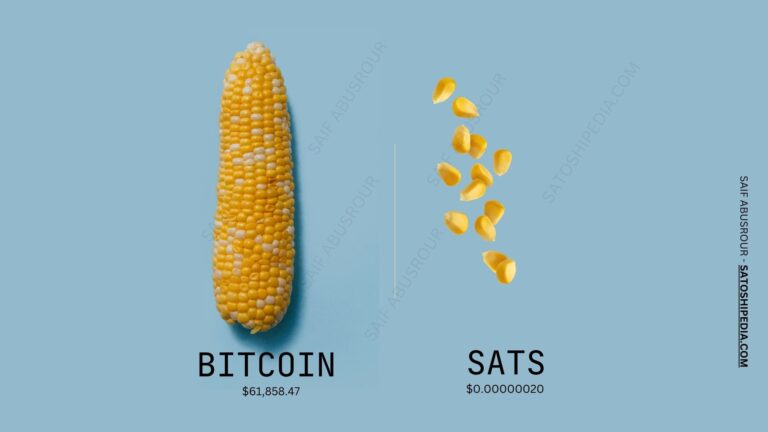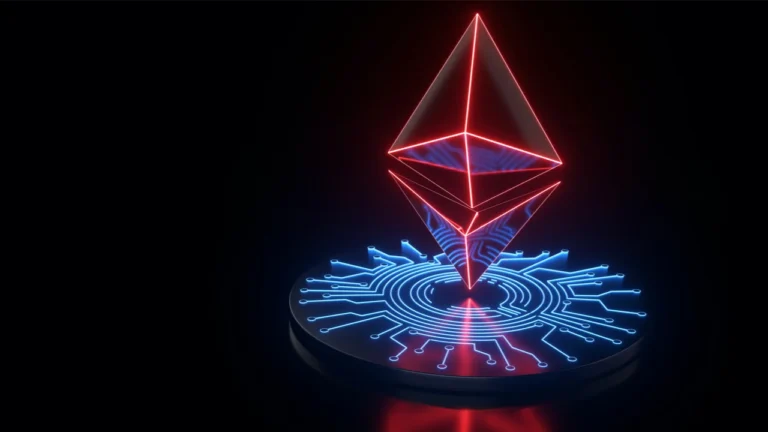Blockchain technology has come a long way since its official debut in 2009 with Bitcoin. But did you know its roots stretch back several decades? Before Bitcoin, pioneers like Ralph Merkle, David Chaum, and others laid the groundwork with innovations like Merkle trees and digital cash systems. Bitcoin’s introduction marked the beginning of a wild ride, akin to the Wild West, filled with volatility and skepticism. Yet, Bitcoin was just the beginning.
Initially, Bitcoin’s decentralized, peer-to-peer (P2P) network seemed too risky for businesses. However, everything changed around 2016. The open-source community began developing robust enterprise blockchain platforms, sparking interest from governments, corporations, and various organizations. They discovered blockchain’s potential beyond digital currencies: securing data, ensuring transparency, and creating tamper-proof records.
So, what exactly is blockchain? Imagine it as a public ledger, a database spread across numerous computers in a network, where every transaction is recorded in a block. Each block is linked to the previous one, forming a secure chain. This ensures that once data is recorded, it cannot be altered. The validation process involves a consensus mechanism where most nodes in the network must agree on the block’s authenticity.
From Bitcoin’s rocky beginnings to its soaring prices, blockchain technology evolved rapidly. Significant milestones include the creation of Ethereum, a decentralized platform that enabled smart contracts and decentralized applications, opening a world of possibilities beyond cryptocurrencies. Governments, businesses, and tech giants like Amazon and Walmart began exploring blockchain’s potential in areas like supply chain management, voting systems, and even digital identity verification.
Throughout the years, blockchain has faced challenges, including hacks and regulatory scrutiny. Yet, it remains a beacon of innovation, promising a future where transactions are secure, transparent, and efficient. Technologies like AI, IoT, and NFTs, combined with blockchain, are poised to revolutionize various industries. The future looks promising, with blockchain anticipated to play a crucial role in the new digital era, particularly in the evolution of Web 3.0 and decentralized finance (DeFi).



